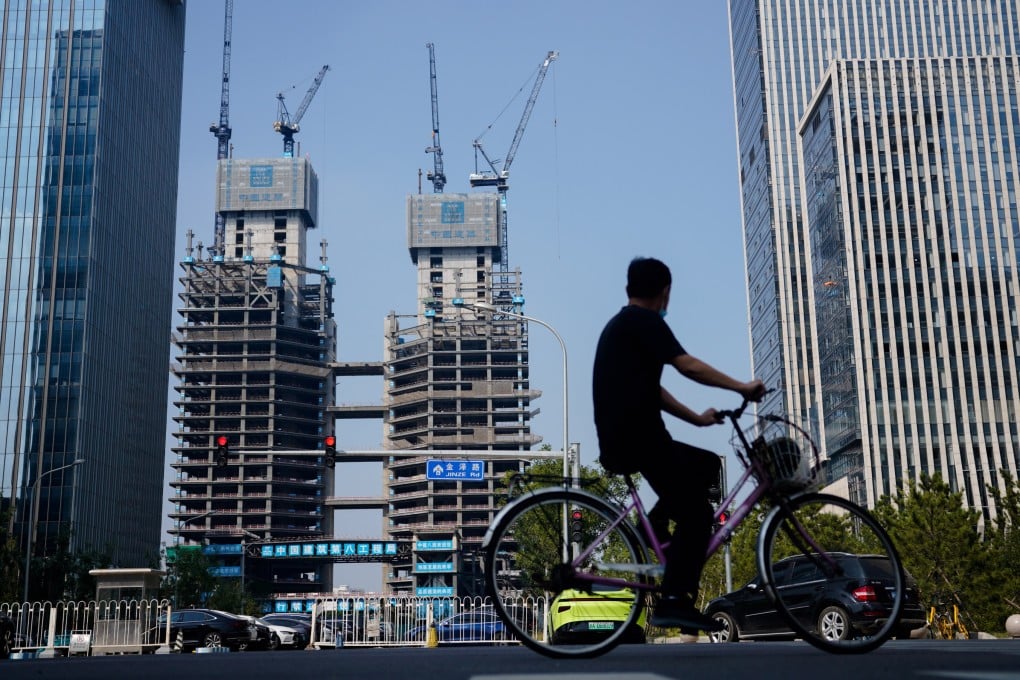Advertisement
The View | Why China’s commercial property sector is thriving despite the ‘zero-Covid’ policy
- While Beijing’s policy objectives have curbed debt and speculation in residential real estate, they provide underpinnings for growth in other sectors
- These sectors that contribute to China’s self-sufficiency drive are also the ones with the assets favoured by international investors
Reading Time:3 minutes
Why you can trust SCMP
1

The growth rate many economists and investors believe is achievable in China this year has fallen sharply as 2022 has progressed. In January, respondents to a survey compiled by Bloomberg thought 5.2 per cent was possible. The findings of last month’s poll showed this had dropped to 3.5 per cent.
Yet, an increasing number of investment banks are forecasting a rate of less than 3 per cent. The pessimism stems mainly from concerns that the economic disruption caused by Beijing’s “dynamic zero-Covid” policy will last much longer than anticipated.
Earlier this month, Nomura stuck its neck out by predicting the policy would last “at least until March 2023” and would be followed by “a slower pace of easing” than previously envisaged.
Advertisement
Calling the end of China’s zero-tolerance approach to Covid-19 is a mug’s game. What is clear is that President Xi Jinping is in no rush to open up the economy. This is mainly because of low vaccination rates among the elderly and a poorly funded healthcare system ill-equipped to cope with a massive outbreak.
It also suits Beijing to keep China’s borders closed. The pandemic has made it easier for the government to restrict capital outflows and pursue its economic agenda of becoming less dependent on the West, particularly its technology.
Advertisement
The prospect of further citywide lockdowns and a long delay in the removal of all restrictions augurs badly for a recovery in China’s crisis-ridden housing market. The shutdowns have had a crippling effect on consumer confidence and undermined the effectiveness of measures to stem the fall in prices and sales.
Advertisement
Select Voice
Choose your listening speed
Get through articles 2x faster
1.25x
250 WPM
Slow
Average
Fast
1.25x
